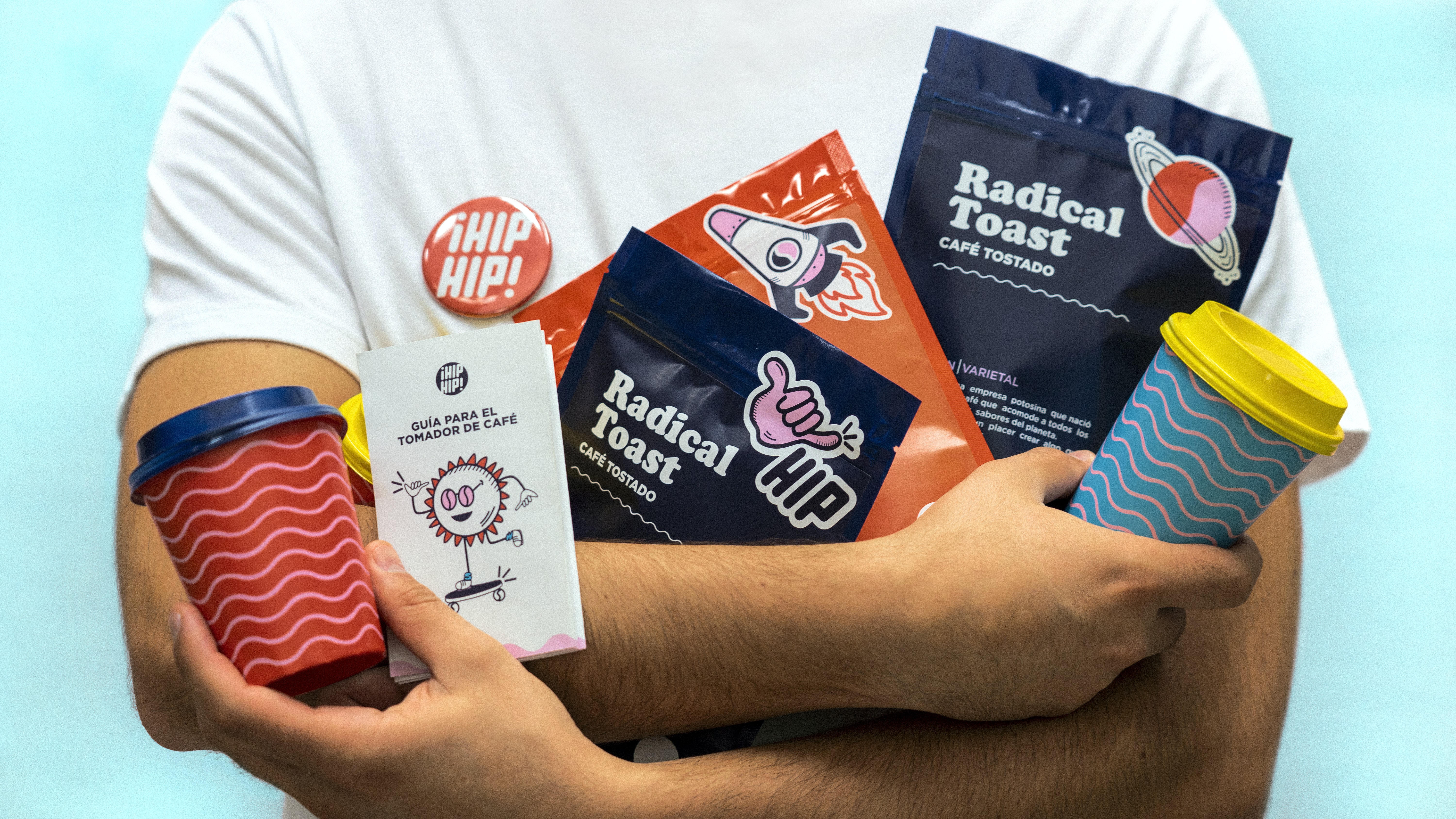Here are some steps to help you apply influencer marketing for your brand:
- Define your goals: Start by identifying the specific goals you want to achieve through influencer marketing. This could include increasing brand awareness, driving sales, or building customer loyalty. Having a clear goal in mind will help you identify the right influencers and create effective campaigns.
- Identify your target audience: Determine the specific audience you want to reach through your influencer marketing campaign. This could be based on factors such as age, location, interests, or purchasing behavior.
- Research influencers: Use social media platforms to research influencers who align with your brand values and have an audience that matches your target demographic. Look at the type of content they post, the engagement they receive, and the brands they have previously worked with.
- Reach out to influencers: Once you have identified a list of potential influencers, reach out to them to discuss potential collaborations. Be clear about your goals, budget, and expectations, and be prepared to negotiate terms that work for both parties.
- Develop a campaign: Work with the influencer to develop a campaign that aligns with your goals and resonates with their audience. This could include sponsored posts, product reviews, or branded content. Be sure to track and measure the results of the campaign to assess its effectiveness.
- Build relationships: Consider building long-term relationships with influencers who have a positive impact on your brand. This can help increase brand loyalty and drive ongoing engagement with your target audience.
In summary, applying influencer marketing for your brand requires careful planning, research, and execution. By following these steps and working with the right influencers, you can create effective campaigns that drive brand awareness, increase sales, and build customer loyalty.
In addition to the steps outlined above, there are a few additional best practices to keep in mind when applying influencer marketing for your brand:
- Be transparent: Be transparent about sponsored content and clearly disclose any paid partnerships. This not only builds trust with your audience but is also required by law in many countries.
- Choose the right influencers: Look for influencers who have an engaged and loyal following that aligns with your target audience. Consider their values, tone, and personality to ensure they are a good fit for your brand.
- Be authentic: Work with influencers to create content that is authentic and resonates with their audience. Avoid overly promotional content that feels like an ad, and focus on creating content that is valuable, informative, and entertaining.
- Measure results: Track and measure the results of your influencer marketing campaigns to assess their effectiveness. Use metrics such as reach, engagement, and conversions to determine the ROI of your campaigns and make data-driven decisions for future campaigns.
- Be flexible: Be open to adjusting your campaigns and strategies based on feedback and results. Influencer marketing is an ever-evolving space, and what worked in the past may not work in the future. Be willing to adapt and experiment with new strategies and tactics.
In summary, influencer marketing can be a powerful tool for building brand awareness, driving sales, and building customer loyalty. By following best practices and working with the right influencers, you can create effective campaigns that resonate with your target audience and deliver measurable results.
Another important aspect to consider when applying influencer marketing for your brand is the type of content you want the influencers to create. You should work with the influencers to ensure that the content they create is not only engaging but also aligns with your brand values and goals. Here are a few types of content that influencers can create:
- Sponsored posts: These are posts that feature your brand or product and are paid for by your company. These posts should be clearly labeled as sponsored to comply with advertising laws.
- Product reviews: Influencers can create reviews of your products or services, providing their honest opinions and feedback. These reviews can help build trust and credibility with your audience.
- Giveaways: Influencers can run giveaways on their social media channels, where their followers can enter to win a prize provided by your brand. This can be an effective way to increase brand awareness and drive engagement.
- Branded content: Influencers can create branded content, such as videos, blog posts, or Instagram stories, that feature your brand or product in a natural and authentic way.
- Affiliate marketing: Influencers can promote your products or services through affiliate marketing, where they earn a commission for any sales made through their unique referral link.
Overall, the key to success in influencer marketing is to work with influencers who are a good fit for your brand, create engaging and authentic content, and track and measure the results of your campaigns. By doing so, you can create campaigns that resonate with your target audience and drive business results.

